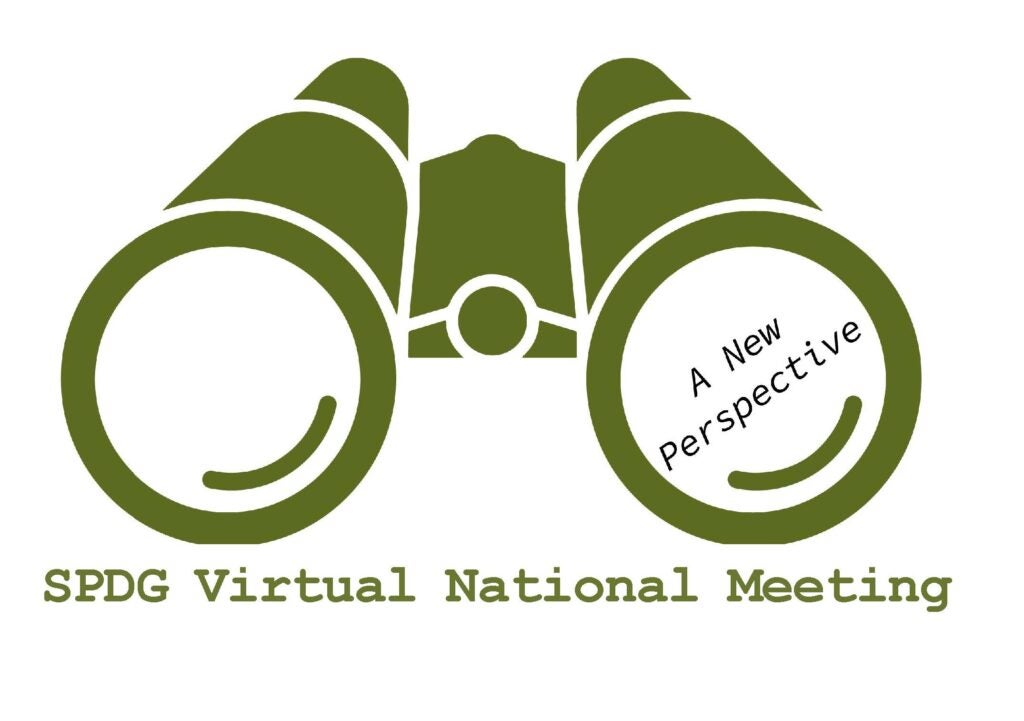
This year’s forum-style presentations center around the theme of Unexpected from Made to Stick. Each presenter will include one “unexpected” element in their presentation.
To Reduce Chronic Absenteeism, Don’t Skip Out on Family Engagement
Jane Groff, Executive Director, Parent Information Resource Center and Tammy Haught, Kansas Evaluator
The Kansas Parent Information Resource Center (KPIRC) promotes meaningful family engagement at all levels of education and provides information and resources to help parents, educators, and other organizations promote the educational success of every Kansas Child. One resource used to help Kansas schools, families, and communities is the Family Engagement Survey. Although the survey has been tested for reliability, is valid, and has been taken by tens of thousands of people, TASN evaluators and KPIRC staff collaborated to improve the survey. Revisions focused on increasing the capacity of local education leaders to assess the equitability of existing family engagement practices; to increase two-way communication, and ultimately to improve outcomes by fostering a collaborative, inclusive, and empowering culture focused on the academic and social-emotional needs of students. An unexpected element found within the survey results is a significant connection between a school`s family engagement practices and attendance. Findings showed a significant correlation between decreased rates of chronic absenteeism and successful family engagement practices (including forging stronger, more equitable partnerships through sharing power and creating welcoming school environments). The Family Engagement Survey provides actionable data to schools, resulting in improved family engagement practices.
Recording
Slides
Chat Transcript
Reconceptualizing MTSS Learning to Maximize Impact
Kimberly St. Martin, Michigan SPDG Director
The newly awarded Michigan SPDG is focused on a bidirectional MTSS model that teaches districts and their elementary schools how to strengthen Tier 1, universal supports, and the advanced tiers (Tiers 2 and 3) simultaneously. This flexible support model allows students to move within varying levels of support as needed. It also fully integrates students with disabilities. The session will share first-year first and second-grade aggregated implementation data from three elementary schools in one district. Lessons learned and how those lessons have strengthened the MI SPDG will also be shared.
Recording
Slides
Chat Transcript
Working Together: Organizational Conditions, Teacher Teams, and Learning Opportunities Created Through Teacher Collaboration
Susan Patrick, Learning Policy Institute
Collaboration among teachers is now considered a marker of effective schools and key to creating successful professional learning opportunities. However, the nature and efficacy of collaboration vary widely, and research suggests that collaborative efforts often fail to promote teacher development. Drawing on multiple studies of teachers in Tennessee, this presentation will highlight the organizational conditions of schools associated with more frequent or more helpful collaboration among teachers.
Recording
Slides
Chat Transcript
Use of the SCA/RCA in Driving the Illinois ESE Network
Laura Barwegen, Project Evaluator, Stephanie Woodley, Grant Coordinator, and Erin Whalen, Project Director, Illinois
Beginning in Fall 2021, the Project Evaluator for the Illinois Elevating Special Educators (IESE) Network has administered the SISEP-developed instruments – State Capacity Assessment (SCA) and Regional Capacity Assessment (RCA) – twice per year to determine the extent to which the State and five Regional Areas have the capacity to implement the initiatives of the SPDG. The SCA and the RCA provide 24-27 statements that require participants, through a consensus-building model, to rate each item as being either fully in place, partially in place, or not in place. At both the State level and at each of the five Regional levels, the IESE Network leadership team was surprised at how the items identified clear strengths and weaknesses in the implementation of the initiatives of the IESE Network and weaknesses, which were then turned into specific, measurable, and attainable next steps that the IESE Network addressed in the coming months. The presentation will share (1) how the SCA and RCA were used and (2) the unexpected from data collected and next steps.
Recording
Slides
Chat Transcript
I Can Read Your Mind!
Sophia Farmer, Co-Director, VA SISEP
I can read your mind! Well…not really. While reading minds might be a fun superpower, this isn’t a skill with which we are generally equipped. In fact, we can never truly know the lived experiences and richness of others‚Äô perspectives. Therefore, it is critical when making important decisions or examining critical issues, we include the voices of those most impacted by our implementation efforts. Join this session with Sophia Farmer, Co-Director of the State Implementation and Scaling Up of Evidence Based Practices Center (SISEP) to explore the newly revised Guidance for Engaging Critical Perspectives. Participants will have an opportunity to explore a tool for intentionally mapping opportunities for authentic engagement in our SPDGs and challenge each other to generate creative strategies for facilitating that engagement at a variety of levels.
Recording
Slides
Resource
Chat Transcript
What SPDGs Need to Know Right Now: IHEs, SEAs, Teachers, Turnover, and You
Lynn Holdheide, Co-Director of the CEEDAR Center
States are experiencing a complex set of challenges right now. What’s an SEA to do when faced with challenges while they’re attempting to improve professional development, integrate evidence-based practices into teacher prep, support new teachers, and retain good talent? As a result of CEEDAR’s in-depth work with more than 20 States, Lynn Holdheide has her finger on the pulse of what can make change happen in the most difficult times. Lynn will share strategies that are working for States and a few missteps to avoid.
Recording
Slides
Chat Transcript
Literacy Coaches – The Key Ingredient
Vicki Griffo and Amy Maynard, CALI Reads
Overwhelming project evidence suggests that CALI Reads’ Coaches were the key ingredient to Making it Stick! This session will illustrate how CALI Reads coach relationships, credibility and systems contributed to keeping districts engaged in the work. The project team will share the benefits and challenges of using external coaches. Participants will have the opportunity to ask questions and share their own experiences related to selecting and supporting coaches.
